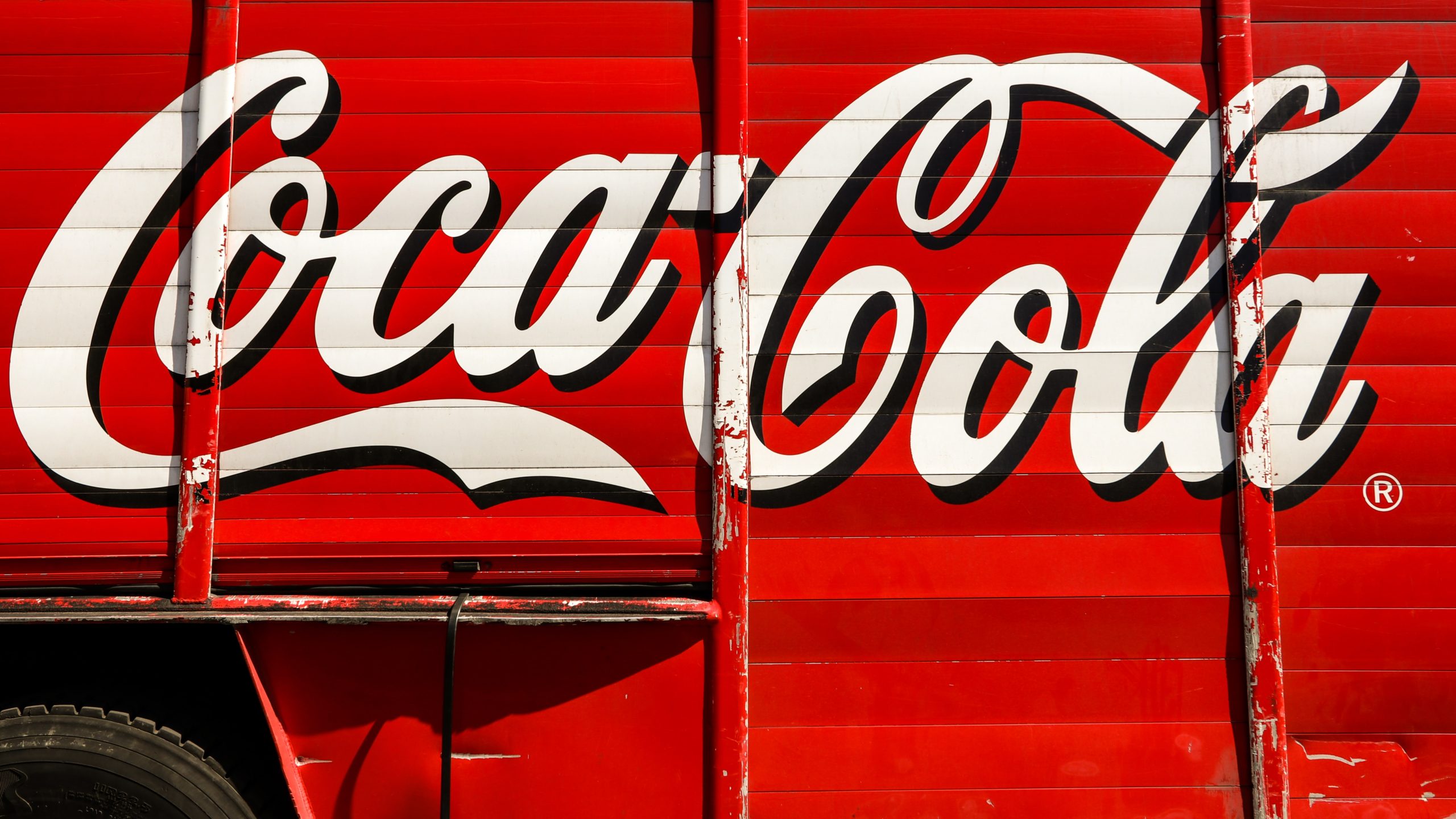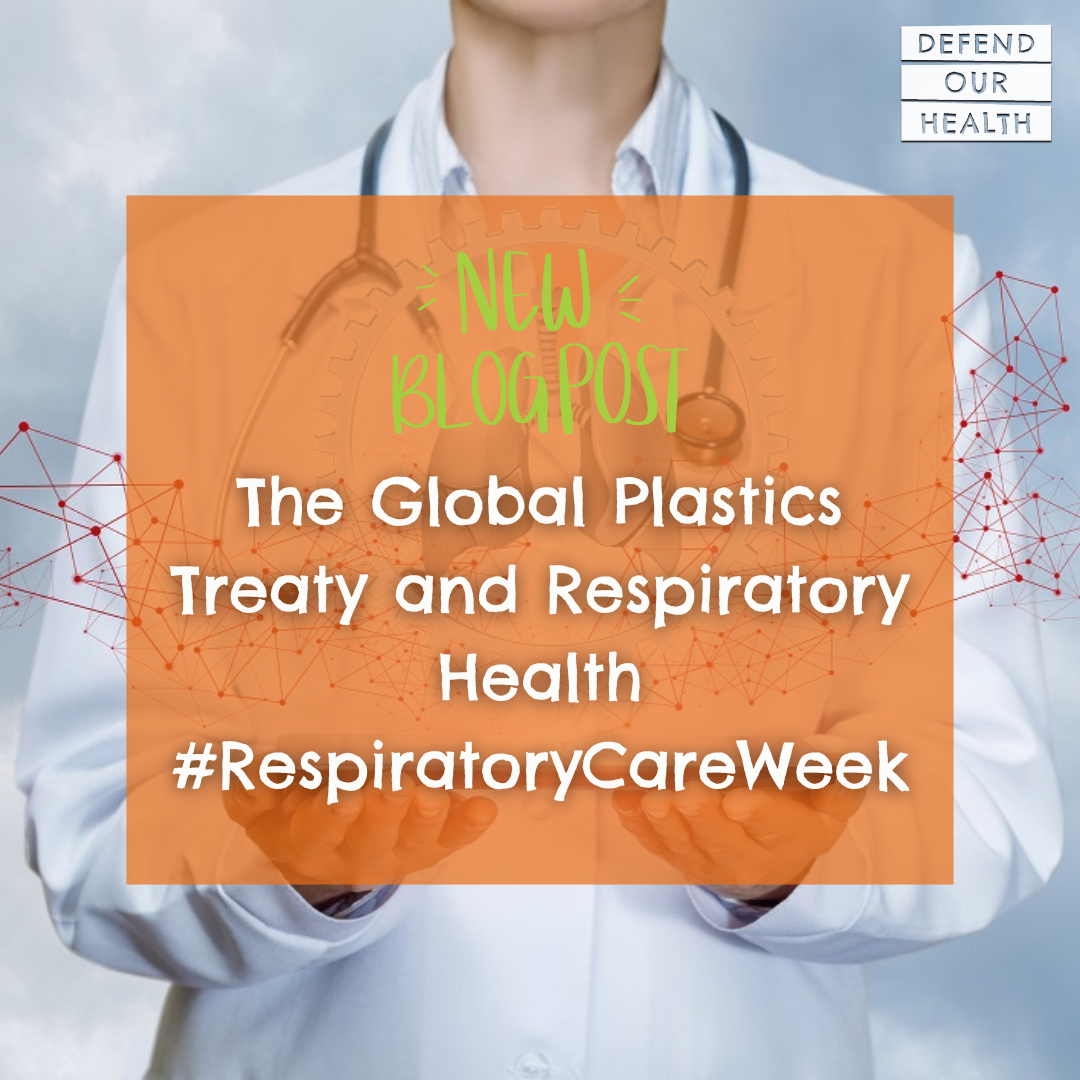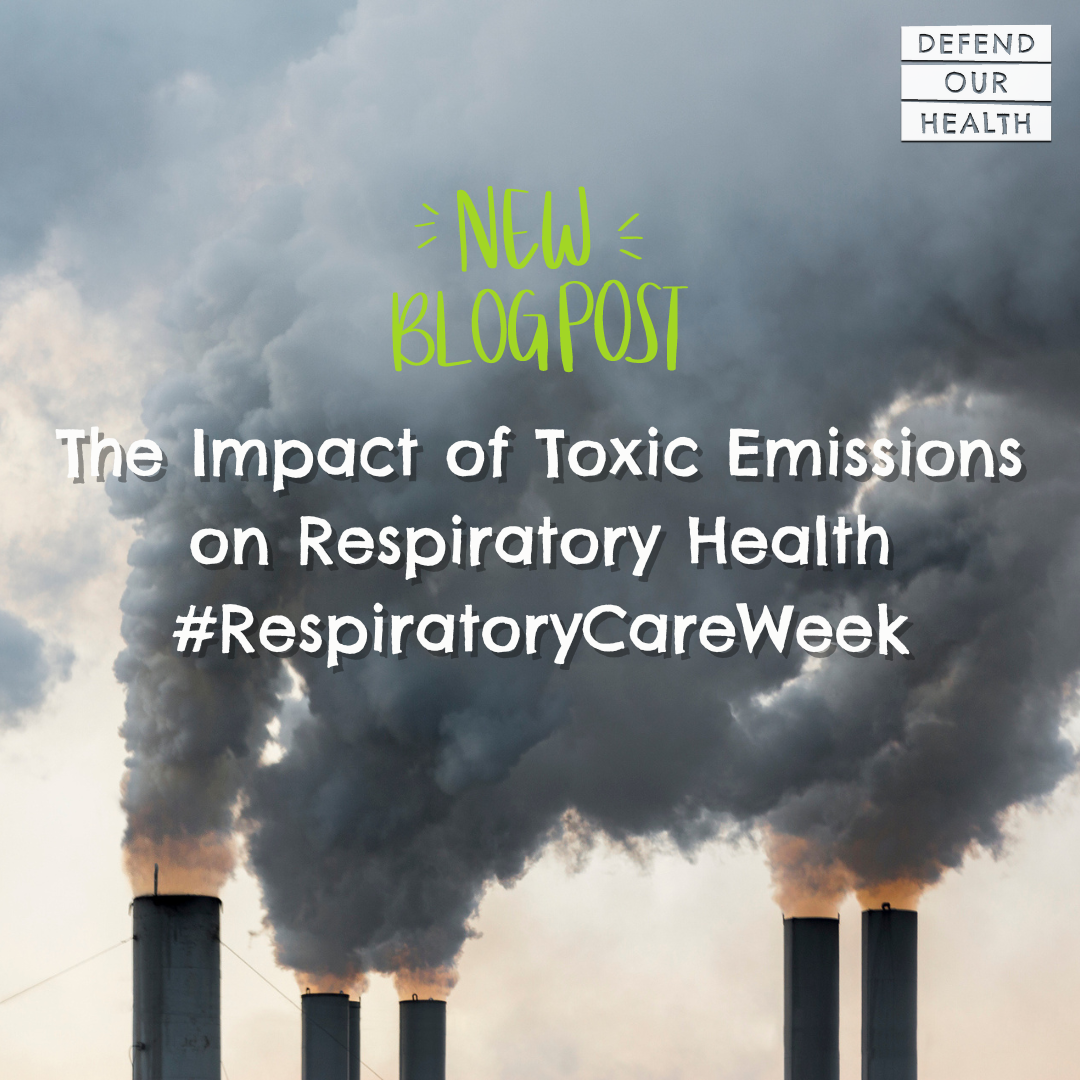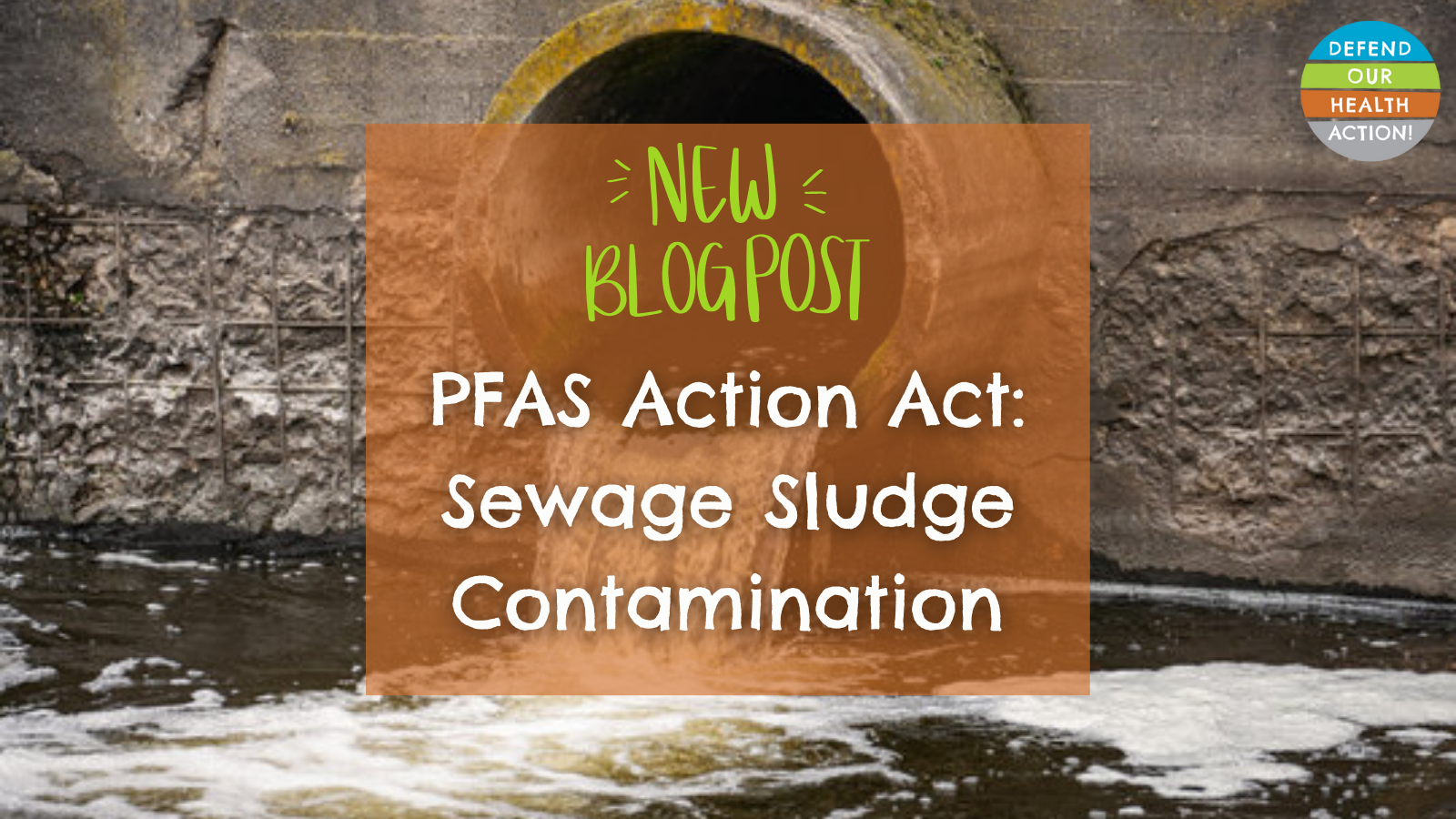Tag: Defend Our Health
Microplastics are disrupting photosynthesis and threatening our food supply
Summary An alarming new study published last month in the Proceedings of the National Academy of Science revealed that microplastics disrupt photosynthesis, the process plants use to make energy. This disruption could reduce the global food supply by up to 14% and put millions more people at risk of starvation. BackgroundMicroplastics are tiny pieces of plastic, even as small as… Read more »
Toxic-Free Tips: Reusables
Our food system is riddled with plastic, which is nowhere more prevalent than in food packaging. The FDA should rein in plastics and phthalates in the packaging that touches our food. That’s why we’re urging Health and Human Services Secretary Kennedy to do just that in his role as the head of the department that… Read more »
Farewell to Foam Act
Defend Our Health has joined forces with dozens of organizations supporting the Farewell to Foam Act. This national legislation was introduced by U.S. Representative Llyod Doggett (D-Texas) and U.S. Senator Chris Van Hollen (D-Maryland). The Act would phase out polystyrene single-use food service products, loose fill (such as packing peanuts), and non-medical disposable coolers. It would prohibit… Read more »
Thousands sign petition urging The Coca-Cola Company to clean up its toxic plastic packaging
We have brought our concerns about toxic plastic packaging to the doorstep of one of the world’s biggest beverage companies. Today, we delivered our petition, “Tell Coca-Cola: Get rid of any toxic plastic bottles,” to The Coca-Cola Company headquarters in Atlanta, Georgia. Thousands of us took the time to implore the behemoth beverage brand to start… Read more »
What is PFAS?
Chances are, every one of us has encountered a chemical compound in the PFAS class today. Probably, in the last hour. PFAS, or perfluoroalkyl and polyfluoroalkyl substances, is a class of chemicals commonly used in consumer goods to waterproof or repel stains, grease, and dirt. Not only have we encountered them, but the CDC reports… Read more »
The Global Plastics Treaty and Respiratory Health
Plastic production, use, and disposal threaten Earth’s communities, air, water, biodiversity, and soils. The Global Plastics Treaty seeks to address the issue of plastic pollution and course-correct our society for generations to come. One area of human life that can benefit significantly from robust global action is respiratory health. Microplastics in the air are detrimental… Read more »
The Impact of Toxic Emissions on Respiratory Health
Breathing is so second nature to many of us that you may think less about how your respiratory system works and what constitutes a threat to your health. In honor of Respiratory Care Week, we are diving into the impact of toxic emissions on respiratory health! Respiratory Care Week takes place from April 7th to… Read more »
Diane Wilson: The Fight Against Formosa Plastics Corporation
Diane Wilson is an award-winning environmental activist and author. She has won numerous awards for her work in environmentalism, but initially, this was something she never envisioned herself doing. In 1989, Diane Wilson was a shrimp boat captain at a fish house in Calhoun County, Texas, when a co-worker approached her with an article in their hand. What… Read more »
How Plastic Pollution Disproportionately Impacts Communities of Color
In Defend Our Health’s scathing report titled Hidden Hazards: The Chemical Footprint of a Plastic Bottle we found that 64% of residents who face serious cancer risks from ethylene oxide omissions (a toxic chemical used in the production of plastic) are people of color. Many of these communities are located along the Gulf Coast, infamously… Read more »
PFAS Action Act: Sewage Sludge Contamination
PFAS contamination via sewage sludge has impacted the lives of many farmers in Maine and across the county, so much so that a sludge crisis has ravaged multiple states. The biggest question on your mind may be, “How does this happen?.” Sewage sludge is the leftover contaminant from treating wastewater. Whenever we flush anything down… Read more »









